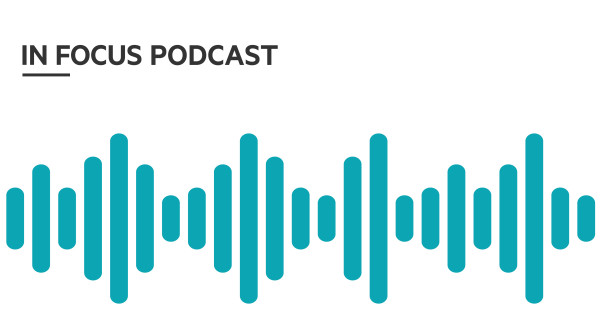

The war in Ukraine has led to a spike in the Geopolitical Risk Index not seen since 9/11, leading to a warning for clients not to get "whiplashed".
Speaking on the latest FTAdviser podcast, commentators said while some investors were responding to the long-lasting shifts with big portfolio changes, others are warning against getting whiplashed, as "geopolitical shocks can work both ways".
The case for long-term investing rests on a belief that humans will continue to be "restlessly productive" and that will drive ongoing expansion of companies around the world, said William Morris, head of investments at Weatherbys Private Bank.
The direct effects of geopolitical events on portfolios are pretty small, he said, and investors are best placed not to react to them.
He added: "I don't think it's worth trying to second guess too many of the geopolitical twists and turns over the coming years because that may well end up harming us.
"I'm extremely wary of forecasting what might happen over the coming years or even decades and certainly not upending a portfolio to try and take advantage of that."
However, Aneeka Gupta, director of macroeconomic research at Wisdom Tree, took a slightly different view.
The real harm is to commodity prices and global growth, she said, adding: "Mid-April the IMF came and out and they've clearly described the economic impact of the Ukrainian war is a very clear and present danger and subsequent to that they've cut the global growth outlook, and this was for the second time in 2022."
The IMF is now expecting global output to rise by 3.6 per cent in 2022, compared with 4.4 per cent as projected in January.
WisdomTree follows the Geopolitical Risk Index to gauge the developments in Ukraine, said Gupta, adding: "the methodology is quite simple, they are basically counting the occurrence of words related to geopolitical tensions in the leading international newspapers and reports".
This benchmark gives a historic perspective on geopolitical risk dating back to 1899 and has so far spiked around two important wars: the beginning of the Korean War in 1950 and during the Cuban missile crisis in 1962, as well as after the 9/11 attacks.
"And now this is another very important time... we've seen this index now stand at a two-decade high, close to levels just reached prior to the 9/11 peak," said Gupta.
But Morris said: "Geopolitical shocks can work both ways and you can end up getting whiplashed. For example, we know nothing about whether a potential Iran deal might be announced in the coming weeks... and that would have a massive effect on oil prices.
"You have to be careful that you don't get sucked into playing one particular game and then being completely dragged into another direction. All this stuff is so quickly priced in, it's almost immediate, it really is like light travelling to us from distant galaxies that by the time it reaches us the stuff has already happened."
To hear more about the effects of geopolitics on investments, whether China and the world are heading towards the great decoupling, and what geopolitics means for other mega-trends such as investing in green assets, click on the link above.
carmen.reichman@ft.com



